Arizona Game and Fish recently launched the Adopt-A-Lake program, a brand new initiative which invites organizations and communities to adopt a lake and dedicate time to picking up litter around one of the most trafficked areas in Arizona: the lakes on the Mogollon Rim. To celebrate this initiative, Keep Nature Wild has adopted Woods Canyon Lake in Payson, Arizona. As a company founded and based in Arizona, giving back to our home state and helping to keep it beautiful has always been a big part of our mission.
In anticipation for our first Woods Canyon Lake Cleanup coming up on National Public Lands Day, September 25th, 2021, we interviewed Ryan Carrow, the Region 1 Reservoir Biologist with Arizona Game and Fish, to gain a better understanding of what litter can do to the spaces, animals, and ecosystems we love and just how impactful litter in waterways can be:

"[Litter] impacts the water quality, fish and other species that live in the lake, and other species such as birds, bears, and raccoons that eat the fish from the lake." Ryan shared when we asked how litter can impact the heath of water. He also shared that when litter does end up in the water, it can take much longer to break down, and when it eventually does, it ends up in fish, birds and other animals that are either in or near waterways.
Ryan also discussed how leeching effects the lake, surrounding areas, as well as downstream waters. Leeching is "the transfer or leaking of chemicals from the plastic or other litter to the water or environment." Ryan shared, and is crucial to keep in mind when thinking about conservation and the impact of litter on not only waterways, but the animals that rely on or live in those waterways, too.

Ryan educated us that, not only is the water a sensitive resource that can become contaminated, but Bald Eagles are also in the area of the Mogollan Rim and need to be protected from litter and waste. What can litter's impact be? He says, "chemical leeching from litter will impact fish and water resources as well as alter the water chemistry which can impact forage and plant species." When someone tosses a wrapper to the side of the trail, leaves a plastic waterbottle behind, etc., they maybe not be considering just what impact they may be making with the litter they leave behind, but it's incredibly important to think of the effects.

"Litter directly effects water, fish, and wildlife at Woods Canyon Lake, indirectly effects downstream creeks, rivers, and reservoirs. The litter problem accumulates as it moves downstream and other litter that is at other reservoir areas such as Chevelon Canyon and Willow Springs Reservoirs." Ryan reflected when we asked him what the direct, indirect, and cumulative effects of litter on waterways were. Litter and impacts to water resources can trickle into other tributaries and streams, like a domino effect. In the Woods Canyon area, these are Wood Canyon Creek and East Fork Woods Canyon Creek, Willow Springs Creek and Chevelon Canyon Creek which joins the Little Colorado River.
Ryan shares that the worst kind of litter for waterway is plastic (i.e. petroleum products) and the most common litter they see includes aluminum cans, balloons, fishing line, and clothes (i.e. shoe along shoreline).

For anyone wanting to make a difference and positively impact lakes and other water systems, Ryan recommends picking up any littered items that were not properly disposed of and made their way into the waterways (i.e. water bottles, fishing line, etc.) and doing this in a safe manner. Another thing to camp in mind is the rule you may have heard regarding camping near bodies of water. We asked him why it is so important to set up camp at least 200 feet away from bodies of water to which he says, "camping at least 200 feet away prevents litter from getting into the lake even if it was not intentional."
He encourages everyone to abide by Leave No Trace principles, to pack it in pack it out, and to also be vigilant about trash and litter in nature, but also when at home.
If you're feeling inspired, join us for our Adopt-A-Lake cleanup with Arizona Game and Fish on September 25th, also National Public Lands Day!
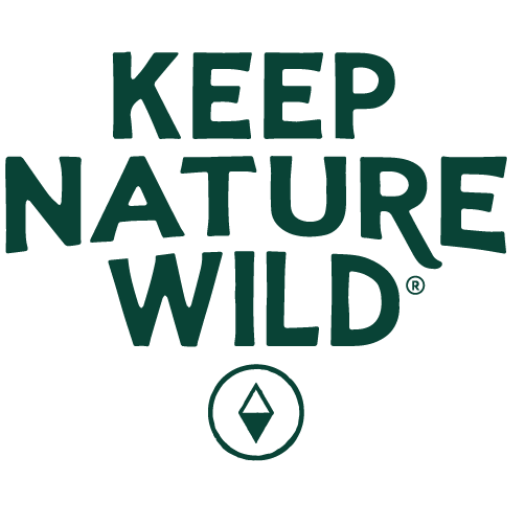
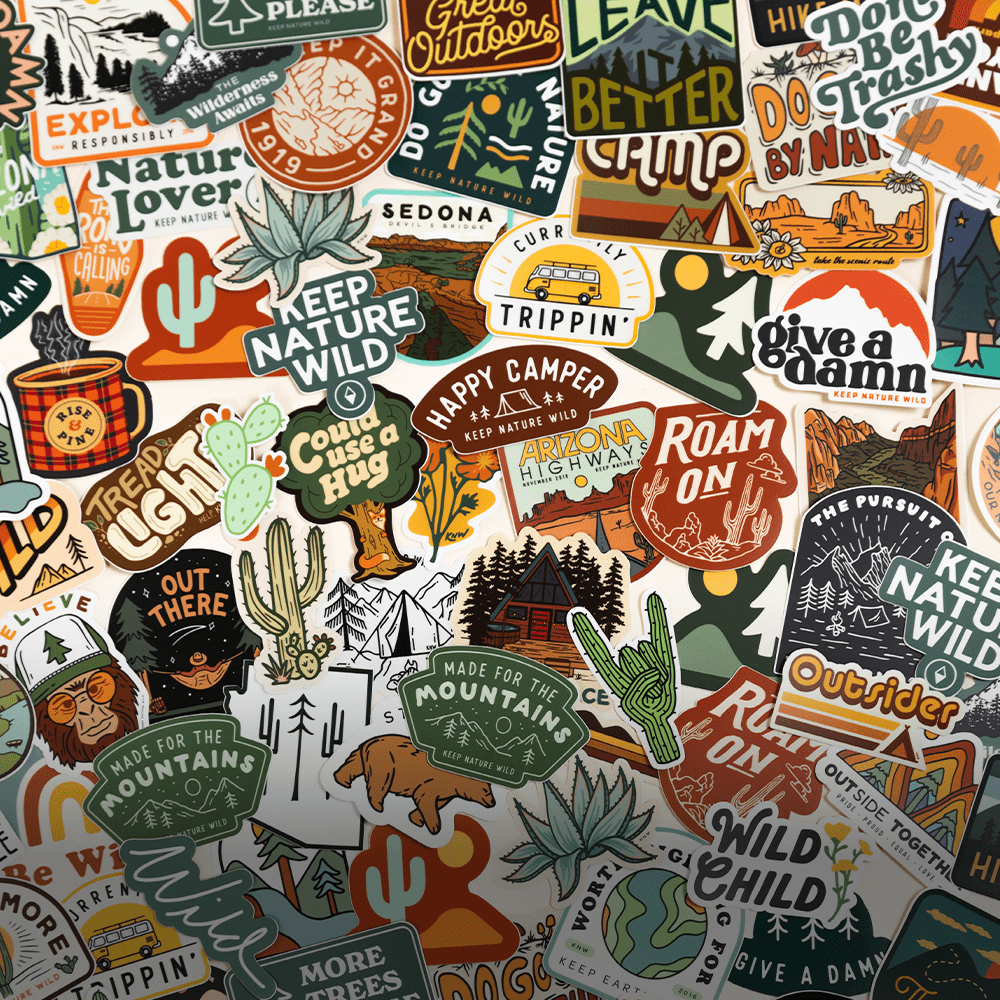
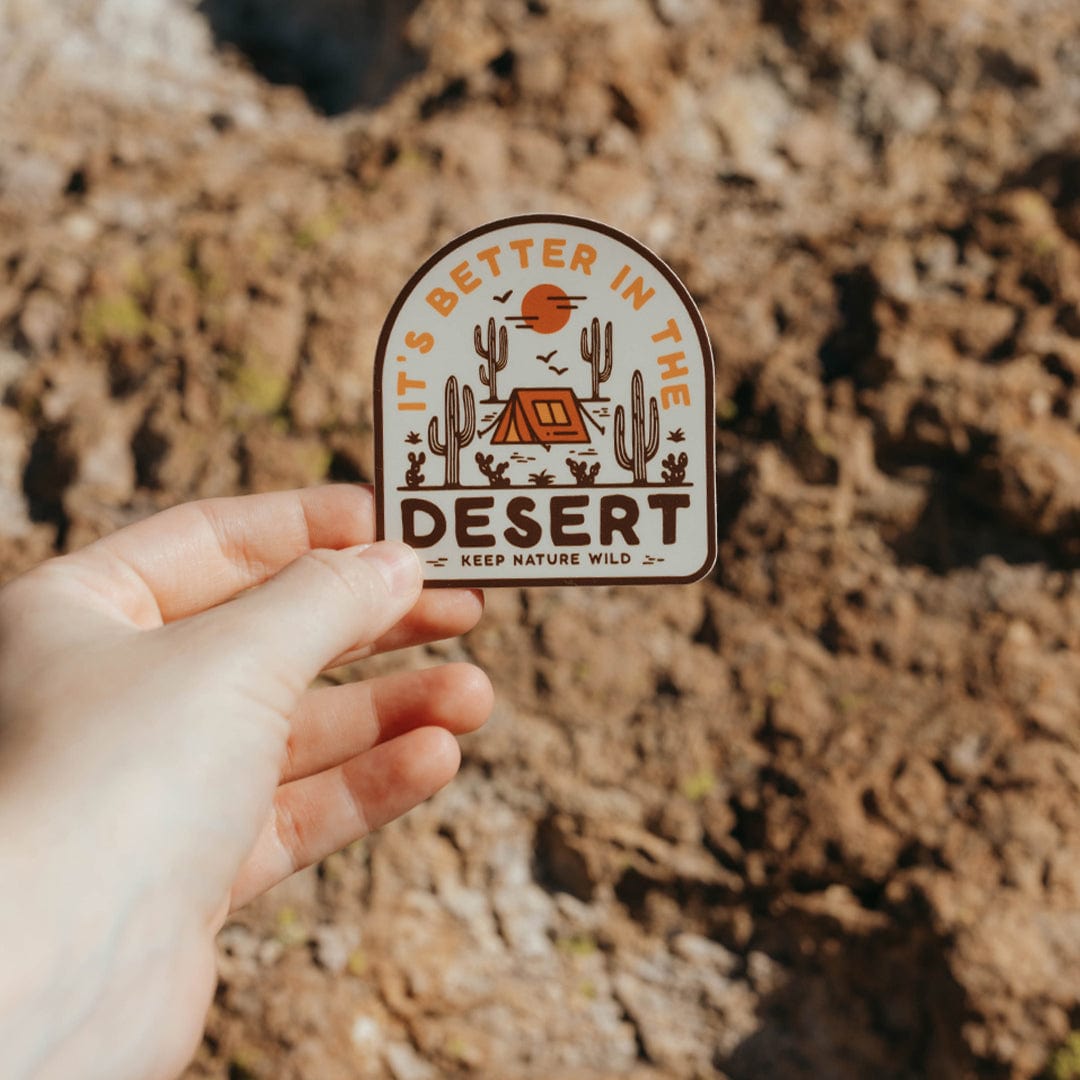
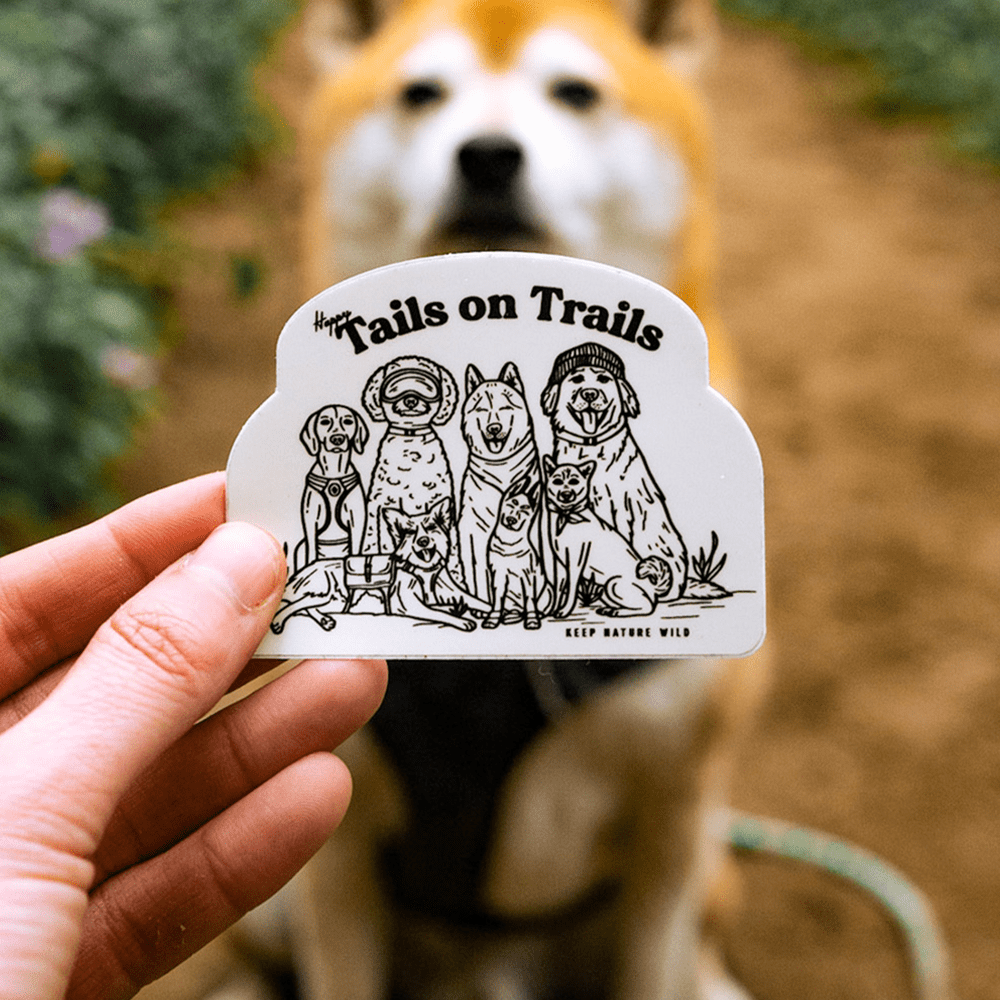
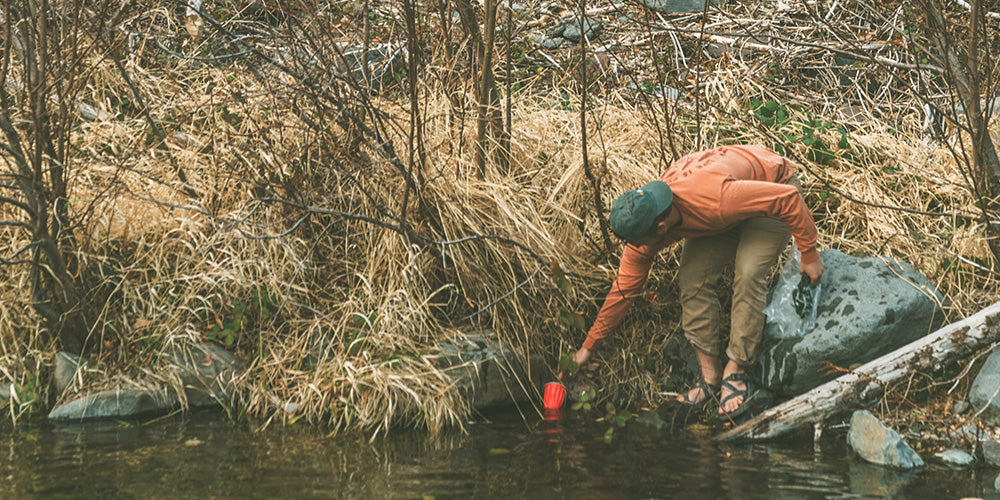
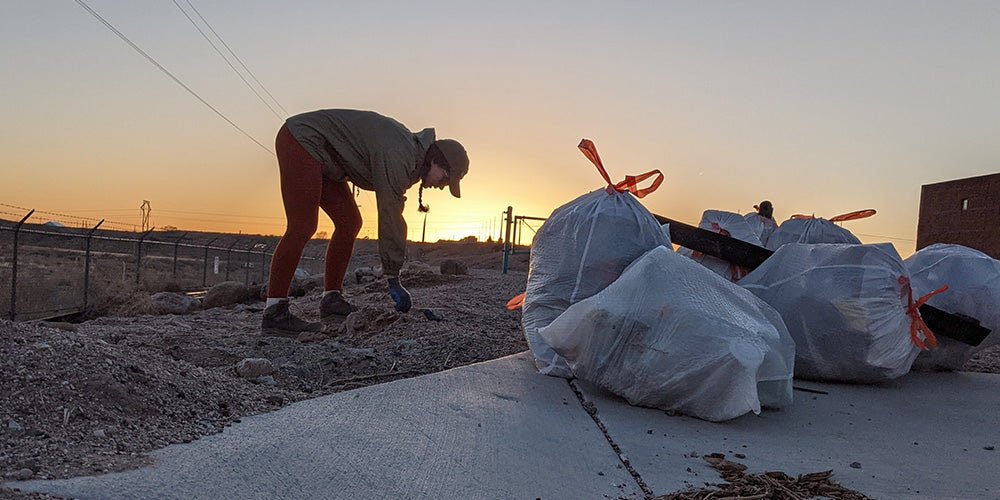
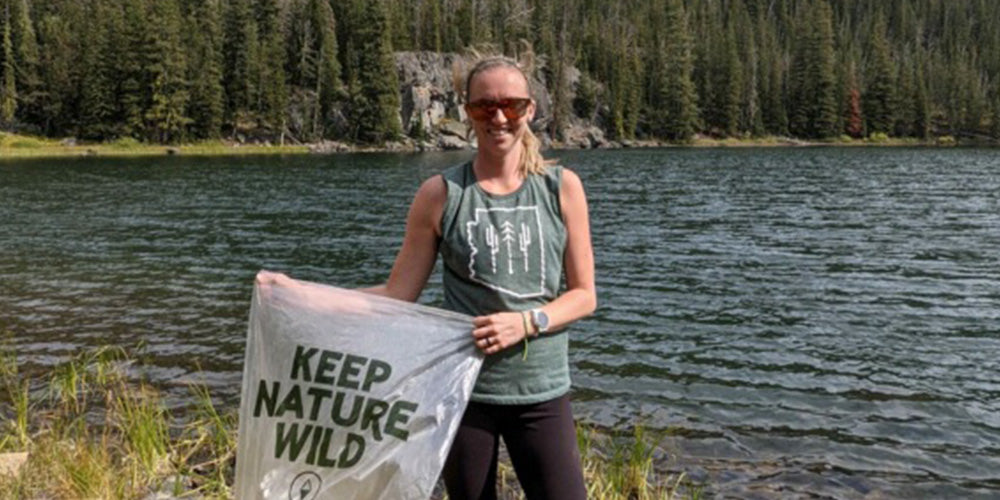
Leave a comment
All comments are moderated before being published.
This site is protected by hCaptcha and the hCaptcha Privacy Policy and Terms of Service apply.